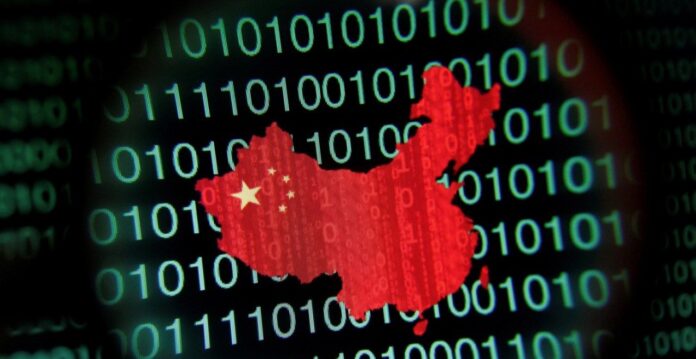China, now a major global exporter, challenges US technological dominance through the Belt and Road Initiative and Digital Silk Road, raising security concerns due to its focus on digital infrastructure in developing nations, prompting Western responses to counter its influence.
The Rise of China in Challenging Global Markets
China’s emergence as the largest exporter has transformed global trade, challenging traditional market leaders. Its manufacturing prowess and technological advancements position it against the US’s long-standing technological dominance. Through economic statecraft, leveraging loans, and investments, China strategically influences and advances its foreign policy, reshaping economic and political landscapes worldwide.
The Belt and Road Initiative and the Digital Silk Road
Central to China’s strategy is the Belt and Road Initiative (BRI) and Digital Silk Road (DSR). The BRI focuses on infrastructure, while the DSR expands digital technologies in developing nations, countering Western systems and raising security concerns. The global implications are significant, prompting the US to boost domestic tech production to counter China’s growing influence.
Read original article here: China’s Digital Silk Road taking its shot at the global stage
The Digital Silk Road (DSR), an extension of China’s ambitious Belt and Road Initiative (BRI), is a significant component of China’s global strategy, aiming to enhance digital connectivity and cooperation among countries. It encompasses various sectors such as e-commerce, artificial intelligence, cloud computing, and digital infrastructure, fostering a new form of globalization powered by advanced technology.
China’s commitment to the DSR is evident in its partnerships with countries across Asia, Africa, and Europe. Chinese tech giants like Huawei, Alibaba, and Tencent are leading the charge, providing technological expertise and investment to underserved markets. Huawei, for instance, has established numerous partnerships to build 5G networks and data centers, while Alibaba’s electronic payment platform, Alipay, has expanded its presence in several Asian countries.
The DSR’s impact goes beyond infrastructure development. It fosters digital skills and technological adoption, contributing to socio-economic advancements in developing countries. In Africa, China’s involvement in digital projects has amplified e-commerce, financial inclusion, and digital literacy. The establishment of technology hubs and training centers has nurtured a burgeoning tech-savvy generation, while promoting entrepreneurship and innovation.
However, the DSR is not without controversy. Critics argue that China’s digital expansion poses security risks and could lead to digital dependency among partner countries. Concerns over data privacy and national security have led some countries to restrict or ban Chinese tech firms from their markets. Despite these challenges, China continues to push forward with the DSR, recognizing the transformative potential of digital technologies in shaping the global economy.
The Digital Silk Road is a testament to China’s growing influence in the global digital landscape. As the world becomes increasingly interconnected, the DSR offers a platform for cooperation and shared growth. It symbolizes a new era of intertwined digital economies, where opportunities and challenges coexist. How this initiative evolves and navigates the complexities of the global stage remains to be seen, but its significance in reshaping the digital world is undeniable.
Source : China’s Digital Silk Road is making its mark on the global stage


